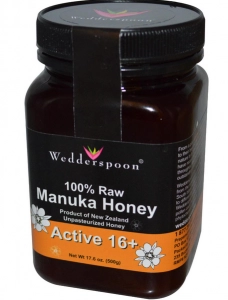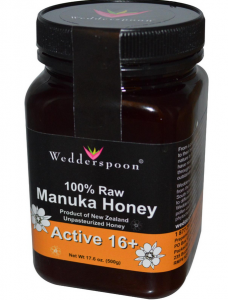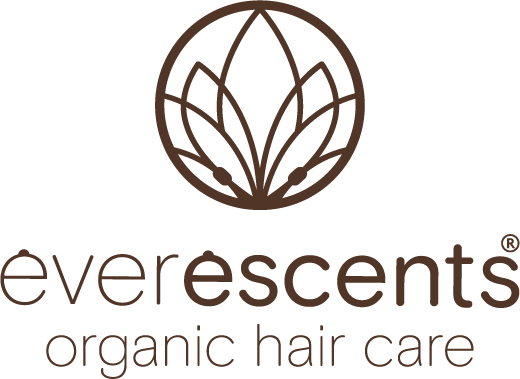Manuka Honey – Why is it so good for me?
Ever heard of Manuka honey but not 100% sure exactly what it is? Let me explain.
Manuka honey is sourced from the Manuka Bush, a member of the Leptospermum species of plants native to Australia and New Zealand. While Manuka honey has long been enjoyed by honey lovers, laboratory research has shown that active Manuka honey has a unique and remarkable level of antibacterial activity, which has been clinically tested to be helpful on wounds, skin conditions, immunity & vitality and stomach ulcers.
The curative properties of honey have been known to indigenous cultures for thousands of years, and dressing wounds with honey was common before the advent of antibiotics. New Zealand’s Maori were the first to identify the healing properties of Manuka and some of their remedies and tonics are still used today.
The pros
- Manuka honey has an antibacterial component that sets it apart from other honeys. This activity is stable and doesn’t lose its potency when exposed to dilution, heat or light.
- Manuka honey has been found to be effective against a range of bacteria including Helicobacter pylori (which causes most stomach ulcers); Escherichia coli (the most common cause of infected wounds) and Streptococcus pyogenes (which causes sore throats).
- Manuka honey is antimicrobial and antiviral. It is also an antioxidant that can help to increase vitality and immunity.
- Trials have indicated that Manuka honey can heal wounds and skin ulcers that haven’t responded to standard treatments.
The cons
- Honey in general is not suitable for babies under 12 months of age because it is a known source of the bacteria spores that cause botulism.
- Diabetics should also avoid or limit their intake of honey due to the high glucose content.
- Not all Manuka honeys were born equal, so it can be hard to know what you’re getting. Active Manuka honey has stronger properties than regular Manuka honey.
- There are no known side effects of active Manuka honey when used internally, unless you are allergic to honey. Occasionally, when active Manuka honey is used on an external wound, it can sting because of its high activity level.
How to use it
- Manuka honey can be applied topically to the skin as a balm for skin infections, bites and cuts.
- Take a spoonful orally to help soothe the throat and digestive tract.
- Eat is as you would any other honey product to maintain general health (it’s also great in smoothies!)
Manuka honey is also marketed for use in many other conditions. These include:
- Preventing and treating cancer
- Reducing high cholesterol
- Reducing systemic inflammation
- Treating diabetes
- Treating eye, ear, and sinus infections
- Treating gastrointestinal problems
So there you have it, a fantastic alternative to using chemical products. Manuka honey can be purchased online or at most health food stores.
Until next time,
Tiarna
(EverEscents Stylist)




You must be logged in to post a comment.